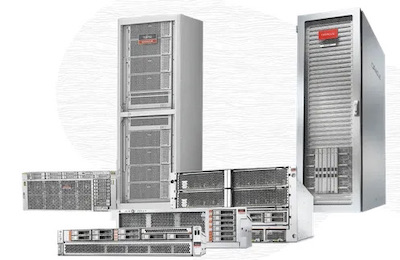4 Questions you must answer when choosing Oracle infrastructure
Your organisation may have committed its IT operational future to Oracle – but that is just part of the challenge. Now you must select infrastructure that delivers optimal performance for your Oracle estate. Here are four questions to answer that will help you make the smartest choice as you consider your options. 1. How will […]
4 Questions you must answer when choosing Oracle infrastructure Read More »





